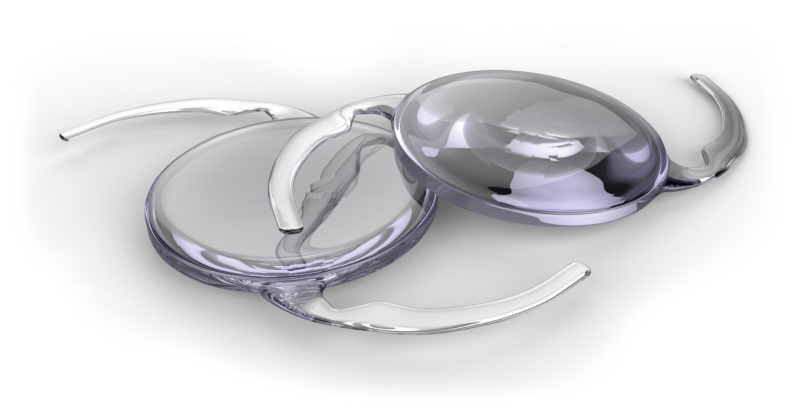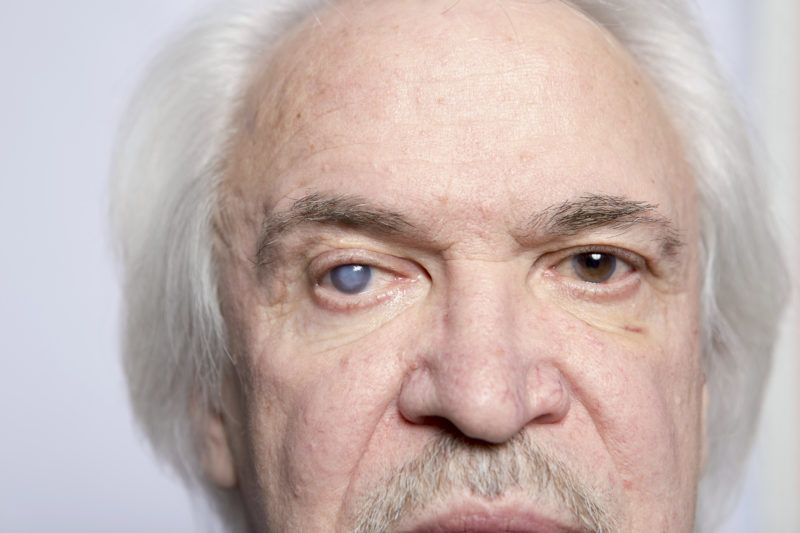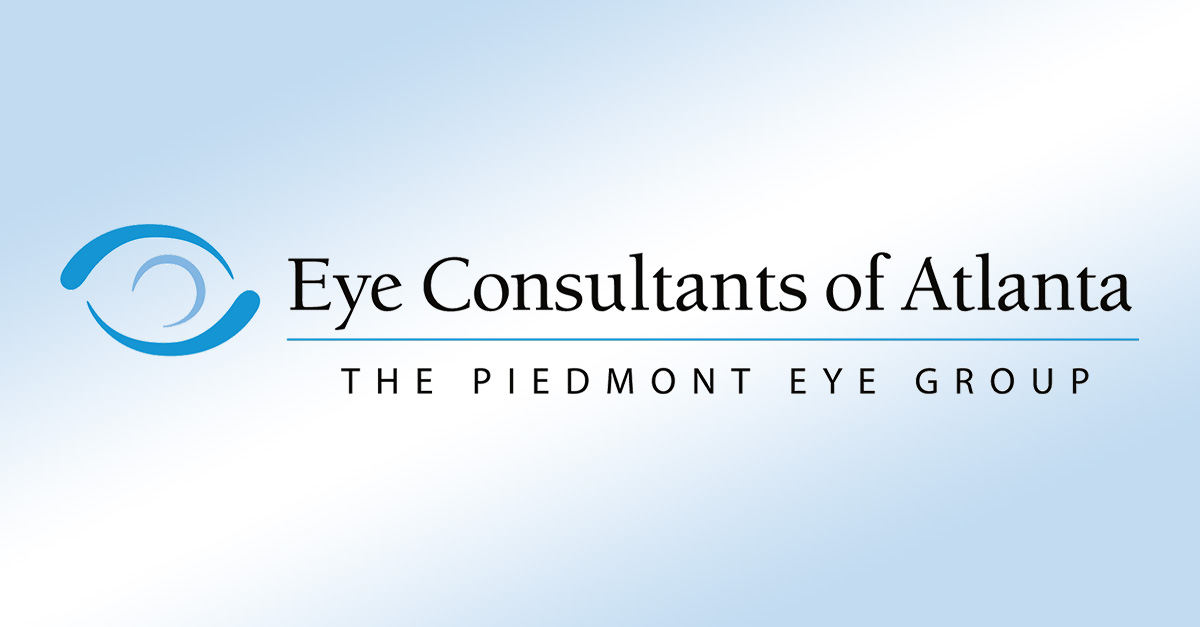Everything To Know About Presbyopia-Correcting Lens Implants
The latest presbyopia-correcting lens implants are an exciting, development in the eye health world. Older lens designs were usually quite good, but the most modern versions are excellent. These revolutionary permanent lenses are permanent lens implants placed at the time of cataract surgery. These lenses are also called “Advanced Technology Intra-ocular Lenses,” or ATIOL’s.
Curious about how presbyopia-correcting lens implants work and if the surgery might be a good option for you? Check out our FAQs below to learn more:
What Are Presbyopia-Correcting Lens Implants?

Photo Credit: Deposit Photos
Presbyopia-correcting lens implants, or ATIOL’s, are permanent lens implants placed in the eye during cataract surgery. These lenses are a modern solution that addresses the problem of losing near vision after cataract surgery. These implants are also used in circumstances where patients are unable to have LASIK, and these lenses are implanted instead of undergoing LASIK or other refractive surgery. In the past lens implant surgery could only address problems with either near vision or distance vision, but not both. Now, patients have the choice to greatly reduce or even eliminate the need for corrective lenses altogether with presbyopia-correcting lens implants. There are several types of these lenses, and your doctor will help you select what’s best for you.
How Do Presbyopia-Correcting Lens Implants Work?

Photo Credit: Deposit Photos
These modern lenses focus light in a manner that extends the range of vision. During cataract surgery the natural eye lens is removed, and a permanent lens implant is inserted in its place. In the past, the eye’s natural lens was replaced with a monofocal implant to improve either near vision or distance vision—but not both. Now, presbyopia-correcting lens implants can offer a safeand effective way to. improve all ranges of vision after cataract surgery. Think of presbyopia-correcting lens implants like permanent bifocals or progressive lenses. They don’t create distortion like traditional progressive or bifocal glasses, however. These sophisticated lenses correct vision for multiple vision ranges without the hassle of wearing glasses.
What Are the Benefits Of Presbyopia-Correcting Lens Implants?

Photo Credit: Deposit Photos
The primary benefit of investing in presbyopia-correcting lens implants is an improved range of vision. The permanent lens implants will eliminate or reduce the need for corrective eyewear, which provides perks for patients who enjoy an active lifestyle or for patients that do not like the hassle of keeping up with reading glasses.
How Much Do Presbyopia-Correcting Lens Implants Cost?

Photo Credit: Deposit Photos
Currently, presbyopia-correcting lenses are not considered ‘medically necessary’, so health insurance policies won’t cover the full cost of surgery. The cost varies depending on several factors involved, but expect to pay about $3,000 per eye. This price can vary depending on other issues. Though these lenses are costly, they’re a great bargain when compared to dental work or other modern- day costs of living. Moreover, what’s more important than vision, and we use our eyes 16+ hours a day. These implants are hard at work every moment of the day! Our team at Eye Consultants of Atlanta will provide you with an exact cost several weeks before the surgery, so you’ll have ample time to decide what’s best for you.
What Is the Recovery Time For Presbyopia-Correcting Lens Implants?
Most patients are able to return to their normal daily activities within 2-3 days after surgery. Full exercise is usually fine about a week after surgery. However, the focusing ability on new lenses will not be fully functional for 3-4 weeks after surgery, as the eye and brain adapt to the new vision. Keep in mind that each patient is unique, and the healing process will be different for every case.
Who Is a Good Candidate For Presbyopia-correcting Lens Implants?

Photo Credit: Deposit Photos
Cataract patients and patients with severe refractive (near- sighted or far- sighted) visual problems typically make good candidates for presbyopia-correcting lens implants. At Eye Consultants of Atlanta we perform very specific and advanced tests to determine candidacy. For example, patients with macular problems, moderate to severe glaucoma, or irregular astigmatism aren’t good candidates, and a standard lens is a better choice.

